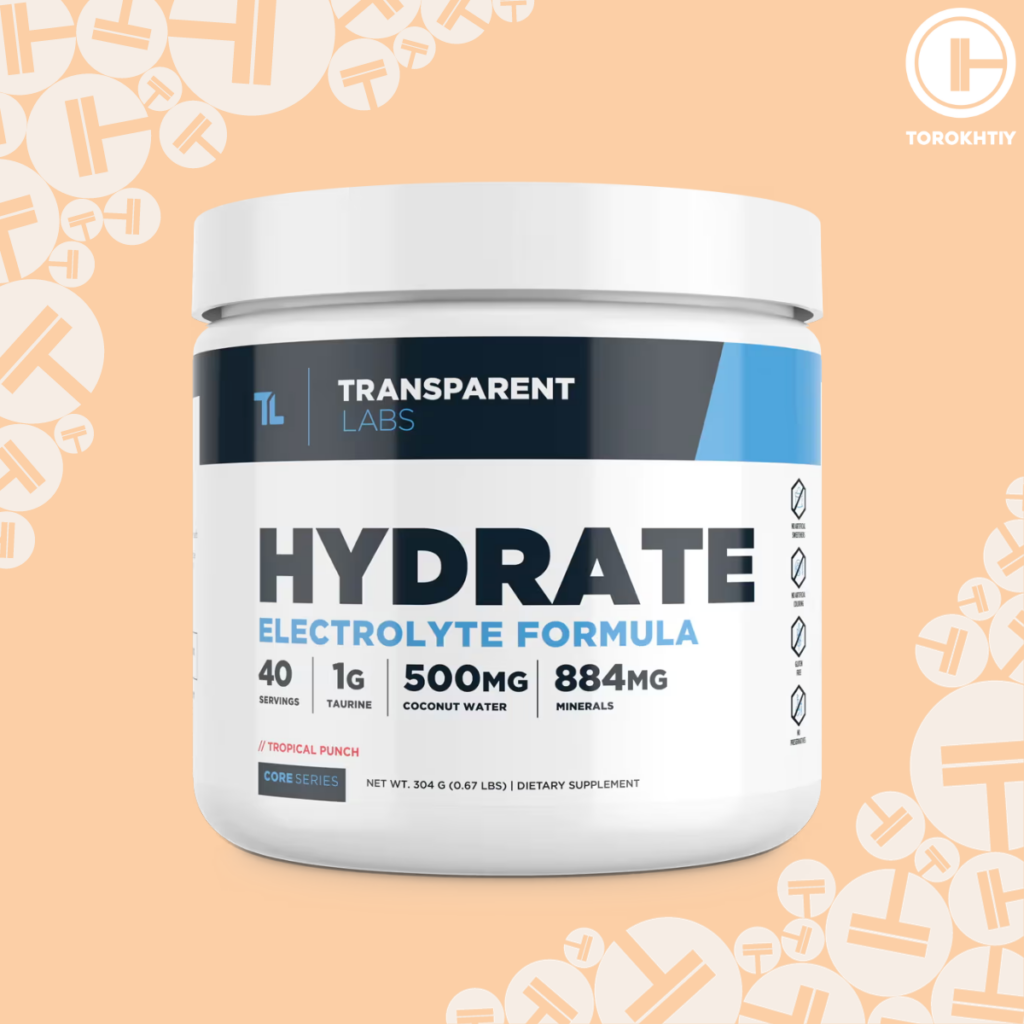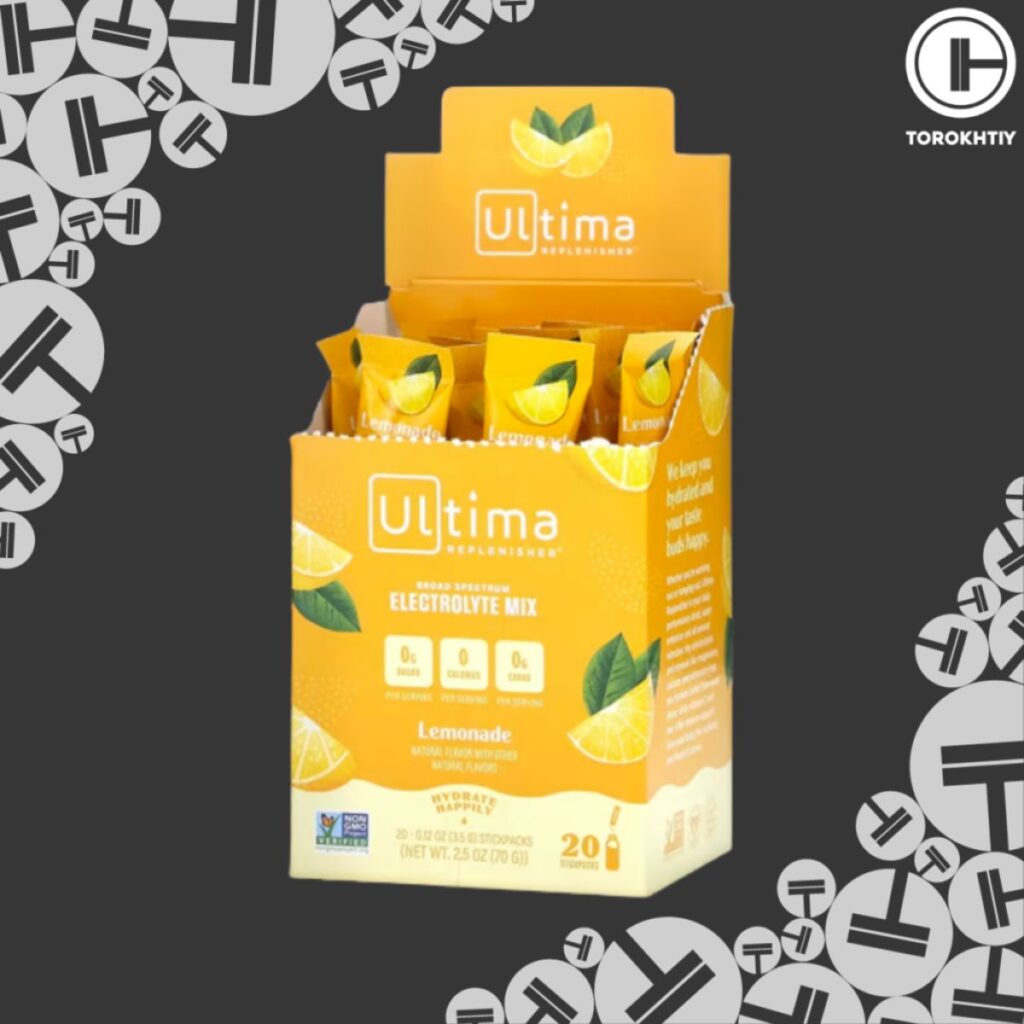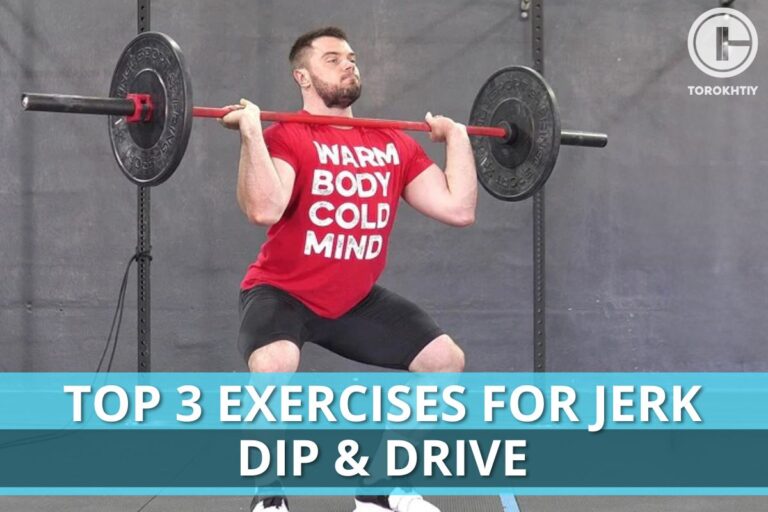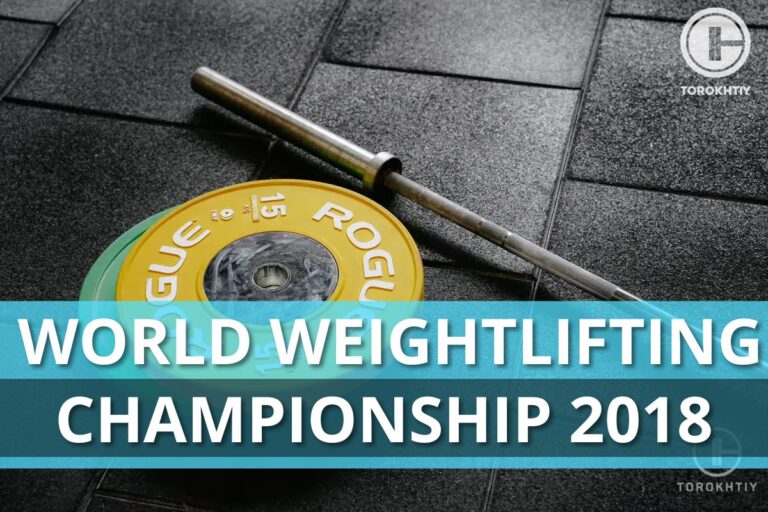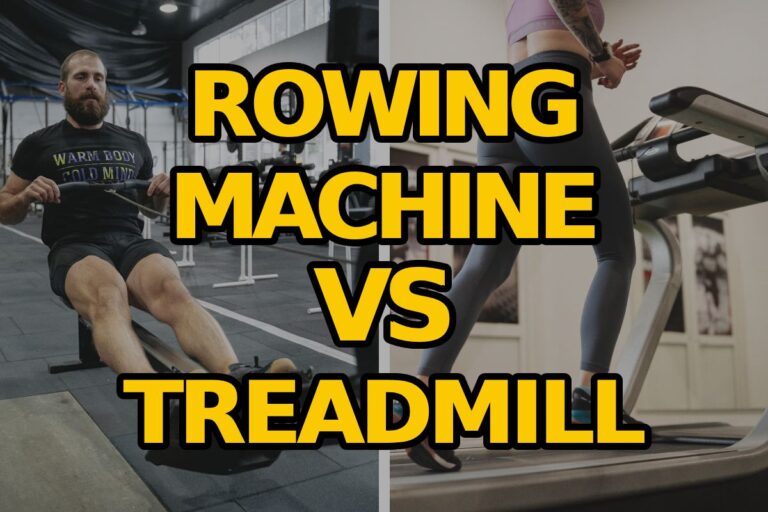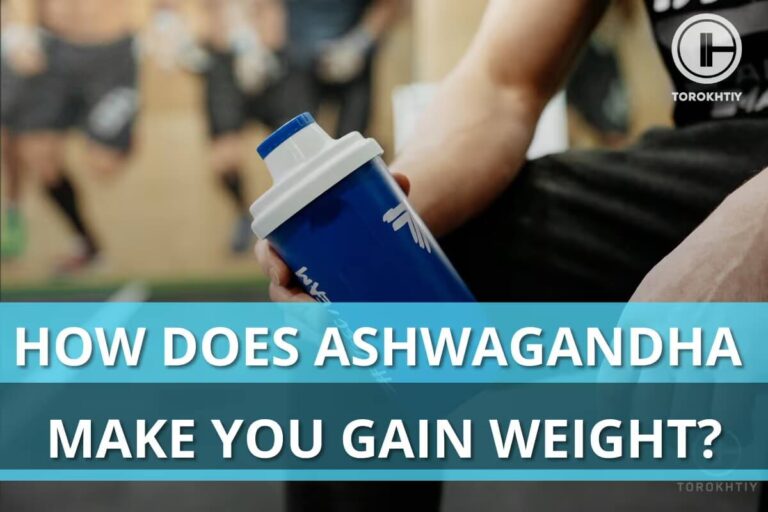Best Sources of Natural Electrolytes Explained
Are you looking to get more natural electrolytes in your diet? In this article, we’ll be covering foods high in electrolytes, as well as whether you need to worry about total electrolyte intake.
While most people will naturally get enough electrolytes through high-electrolyte foods in their diet, electrolyte supplements may be beneficial specifically for endurance athletes.
If you’re looking for natural electrolytes in your diet, consider the following foods. Use table salt to get sodium & chloride, bananas for potassium, magnesium through nuts, and dairy for calcium and phosphorus. While these aren’t the only sources of these electrolytes, they’re good convenient places to start.
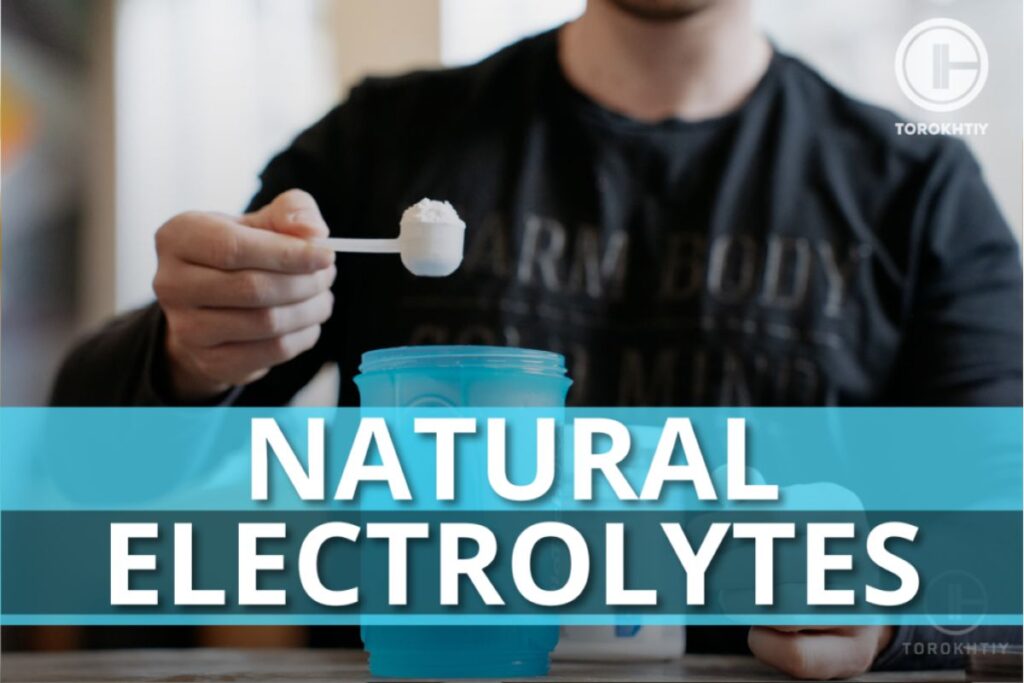
What Are Electrolytes and What Are Their Functions in Our Body?
Electrolytes are electrically charged minerals that help regulate numerous functions in the body. For performance, they are perhaps most associated with their role in hydration. However, they also play a valuable role in the nervous system and muscle function.
As a result, it’s important to keep electrolytes balanced in your body to ensure proper function. Either having low or excessively high electrolyte concentrations in the body can lead to problems.
Most people eating a diet rich in whole foods, fruits and vegetables, and drinking enough water will have electrolytes in a healthy range and will be properly hydrated. However, to ensure you’re getting enough electrolytes, we’ll be covering foods rich in electrolytes below.
What Foods Are the Best Sources of Electrolytes?
If you’re wondering how to get electrolytes naturally, we’ll be covering common sources of all the main electrolytes below! We’ll be going over natural electrolyte sources for sodium, chloride, potassium, magnesium, and phosphorus. So, to increase electrolytes naturally, simply incorporate some of these foods into your diet!
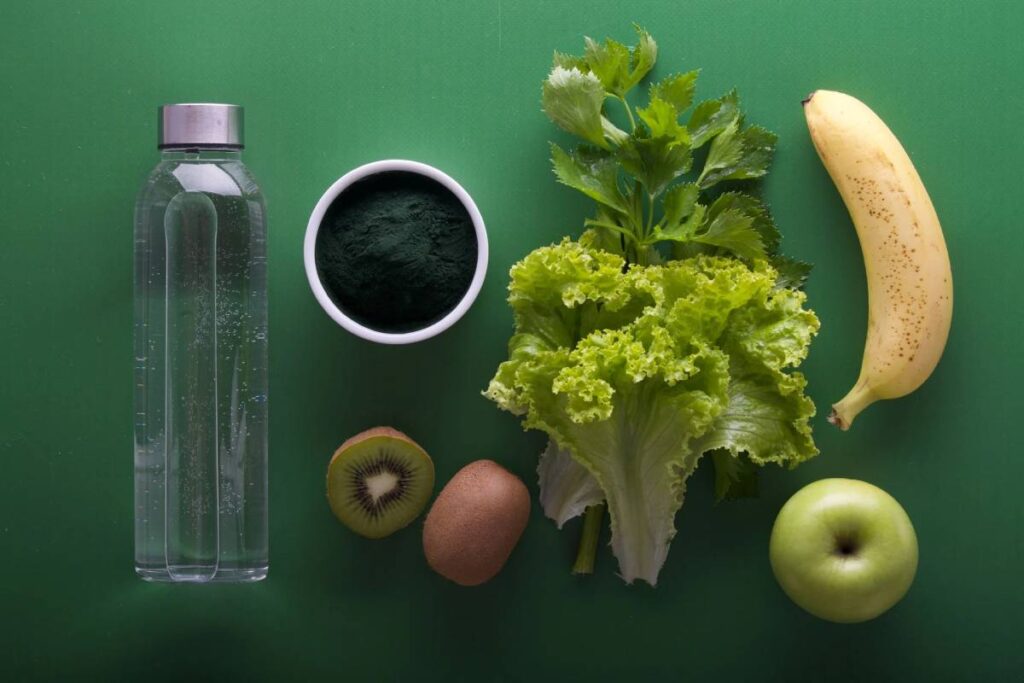
Below we’ve included a table to help you find foods rich in each electrolyte. Note that this is not a complete list of natural electrolyte sources, but a list of common foods that contain them.
As you’ll notice, certain foods like leafy greens, meats, and dairy are rich sources of multiple electrolytes, making these great for hitting all your electrolyte targets for the day.
1. Main Dietary Sources of Sodium Chloride
The main role of sodium in the body is to regulate the body’s fluid balance. Chloride plays a similar role, as well as maintaining the body’s acid-base balance. These two electrolytes are lost in sweat more than the others.
The AI for sodium is 1.5g a day for all adults. The AI for Chloride is 2.3g a day for adults 14-50, 2g for adults 51-70, and 1.8g for adults 71+. Note that these needs may be higher considering heavy sweating due to exercise.
Although all foods contain some sodium, there are very few foods that are naturally rich in this electrolyte. However, it is still very widely consumed as table salt made up of sodium chloride.
Almost all processed foods will contain some added salt, which means very few people will need to add extra sodium. In fact many people would benefit from lower dietary sodium.
If you eat exclusively unprocessed foods, however, be sure you’re adding at least some salt to your diet to ensure adequate sodium intake.
It’s worth noting that chloride is also found naturally through plenty of vegetables, however if you’ll likely get enough chloride alongside adequate sodium intake.
| Dietary Sources of Sodium and Chloride | Amount of Sodium and Chloride per 100g |
|---|---|
| – Salt (Where most Sodium & Chloride in the diet is found) | – 39.5g of Sodium – 60.5g of Chloride |
2. Best Dietary Sources of Potassium
Potassium is similar to sodium and chloride in that it also regulates fluid balance. Potassium also plays a role in muscle contraction and the regulation of blood pressure.
Most adult women need 2.6g of potassium per day, with needs going up slightly considering pregnancy and lactation. Adult men need 3.4g of potassium per day.
The food most commonly associated with potassium is bananas, and rightfully so as they’re a great source of this electrolyte!
However, potassium can be found in all sorts of fruits and vegetables including potatoes, leafy greens, and avocados. It can also be found in animal-based foods like dairy, chicken, and salmon.
| Dietary Sources of Potassium | Amount of Potassium per 100g |
|---|---|
| Bananas | 358mg |
| Spinach | 558mg |
| Cashews | 660mg |
| Milk | 253mg |
| Chicken | 334mg |
3. Best Dietary Sources of Magnesium
Magnesium is largely used for assisting enzyme function, making it necessary for many bodily functions including regulating blood pressure, contracting muscles, and effective heart function.
Adult men need 400-420mg of magnesium per day, while women 310-320mg per day (350-360mg considering pregnancy).
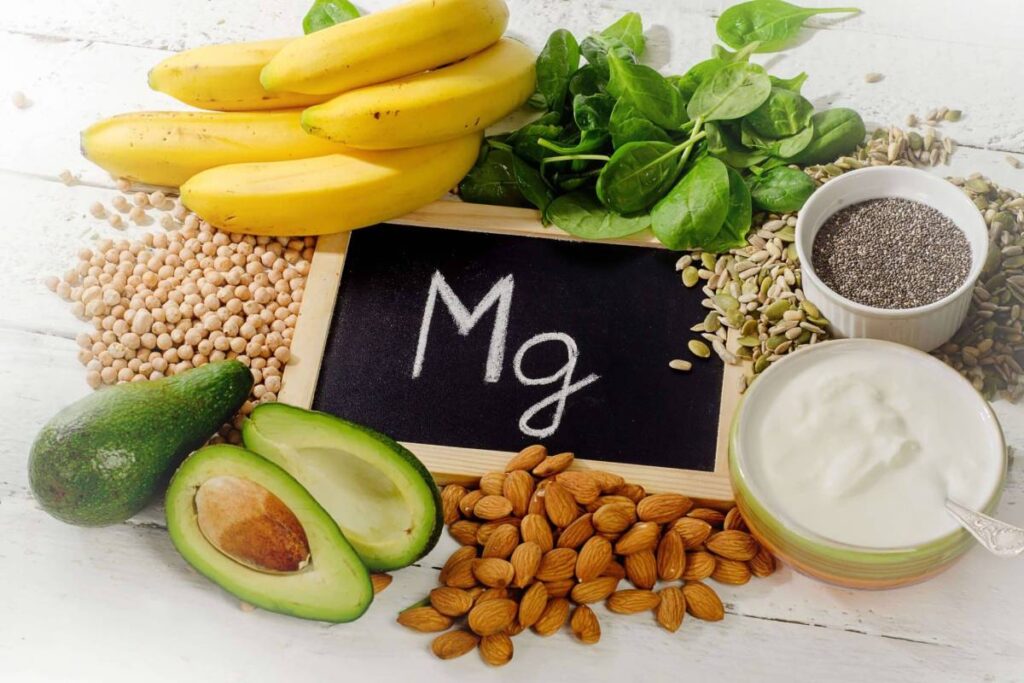
It can be found in many of the same foods as potassium, with bananas, potatoes, salmon, and chicken all being excellent sources of this electrolyte.
Other common sources include nuts and seeds like almonds, cashews, and pumpkin seeds.
| Dietary Sources of Magnesium | Amount of Magnesium per 100g |
|---|---|
| Almonds | 270mg |
| Oats | 177mg |
| Bananas | 27mg |
| Salmon | 29mg |
4. Best Dietary Sources of Calcium
Calcium is commonly associated with bone health, but it’s also necessary for blood clotting, muscle contraction, as well as heart and nerve function.
Most adults need 1g of calcium per day regardless of gender. Women over 50 and men over 70 need a slightly higher amount of 1.2g per day.
The most readily available natural sources of calcium are dairy products including milk, cheese, and yogurt. Some great vegan sources include edamame, almonds, and leafy greens.
| Dietary Sources of Calcium | Amount of Calcium per 100g |
|---|---|
| Milk | 101mg |
| Soy MIlk | 82mg |
| Tofu | 180mg |
| Spinach | 99mg |
5. Best Dietary Sources of Phosphorus
Finally, phosphorus is an electrolyte that also has multiple purposes including being a component of cell membranes, activating enzymes, and acting as a building block of DNA, RNA, and ATP.
All adults require 700mg of phosphorus a day regardless of age and gender.
Similar to calcium, it can easily be found in all dairy products including milk, yogurt, and cheese. It can also be found in various meats including salmon, poultry, and beef. For vegans, you can find phosphorus in legumes, nuts, and seeds as well.
| Dietary Sources of Phosphorus | Amount of Phosphorus per 100g |
|---|---|
| Milk | 86mg |
| Salmon | 200mg |
| Almonds | 481mg |
Do You Need Extra Electrolytes Beyond the Ones You Already Get From Food?
As mentioned above, it’s doubtful you need additional electrolytes if you’re eating a diet rich in foods with electrolytes. While the majority of athletes will not directly benefit from electrolyte supplementation, they may want to use these supplements to improve the palatability of plain water.
The athletes who can benefit most from electrolyte supplementation are endurance athletes who lose a significant amount of electrolytes through sweat.
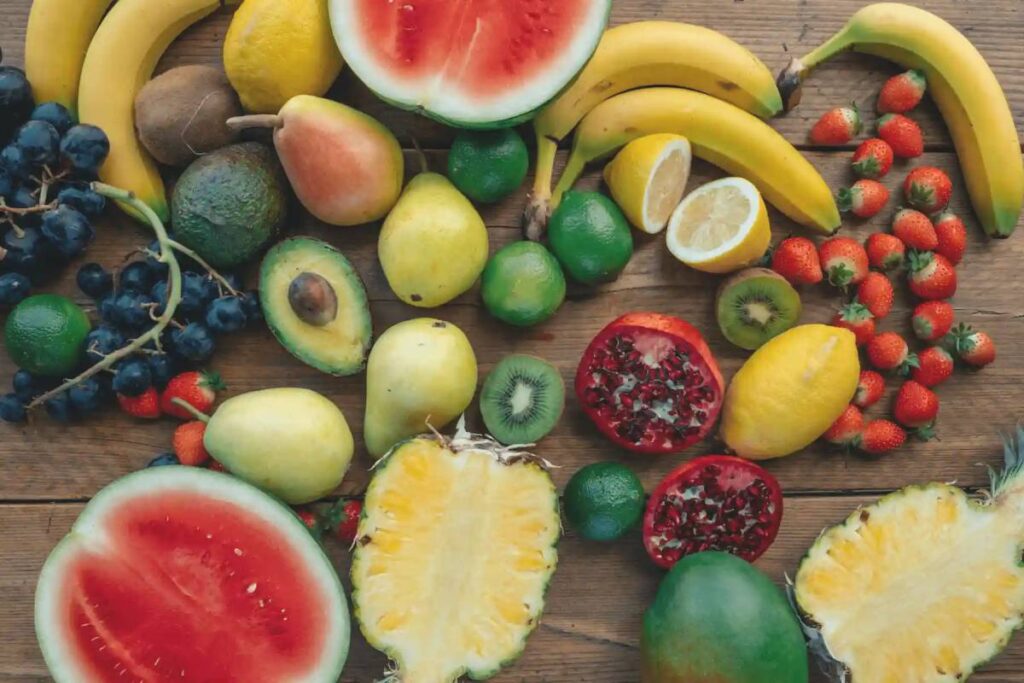
1. If You Are an Average Gym-Goer
So, for the average gym goer, electrolytes will not provide much benefit. This is because you likely aren’t losing enough sweat throughout your workout to make supplementation necessary.
With that being said, if you struggle to drink enough water throughout the day, low-sodium, flavored electrolyte supplements may make plain water more palatable and enjoyable.
2. Training Up to 2 Hours Without Heavy Sweating
Similar to the point above, even if you’re an endurance athlete, electrolyte supplementation may still not be necessary. If you’re training for less than 2 hours, and do not have very heavy or salty sweat, then electrolytes likely aren’t necessary.
Again, they may still be beneficial simply for improving the palatability of plain water.
3. Training 2 Hours or More With Heavy Sweating
Electrolyte supplements usually become necessary for rehydration when training lasts for longer than 2 hours, especially in hot conditions with heavy sweating.
This is because significant amounts of electrolytes are likely being lost during this style of training, and rehydrating with electrolytes post-workout will be an easy way to quickly restore proper electrolyte balance in the body.
4. Training or Competing in an Ultra-Endurance Event
Finally, the main reason someone would need electrolytes for performance is if they’re training or competing in an ultra-endurance event lasting for 6+ hours.
The main reason for this is that ultra-endurance athletes are especially susceptible to hyponatremia, or a lack of sodium in the body, which is caused by excess fluid intake without electrolytes.
Taking a high-sodium electrolyte supplement is a good way to prevent this and maintain optimal electrolyte balance in the body.
Electrolyte Supplements Should Be Used Under the Supervision of a Professional Sports Nutritionist
It’s worth noting that electrolytes are far from a one-size-fits-all supplement. While we can give general recommendations for when electrolyte supplements are necessary, it’s tough to say how much you need without knowing your diet or training program. This is where consulting with a sports nutritionist can be so beneficial.
There are also apps like Saturday which can help you track your fluid and electrolyte needs. It is still a good idea to check with your doctor before making any major changes to your diet or supplementation regimen.
Still, if you’re using electrolytes to help with your performance for competition, sports nutritionists can help develop an individualized plan. This will help ensure that you’re using electrolytes properly to boost your performance in a meaningful way.
Best Electrolyte Supplement for Endurance Athletes
If you’re an endurance athlete looking to use an electrolyte supplement to help with your performance, our top pick is Transparent Labs Hydrate.
In each serving of hydrate, you can expect 500mg of sodium, 250mg of potassium, 84mg of calcium, and 50mg of magnesium. This is a solid electrolyte balance for rehydrating after several hours of training.
Depending on your needs, you could also easily double this amount or add table salt for a higher dose of electrolytes.
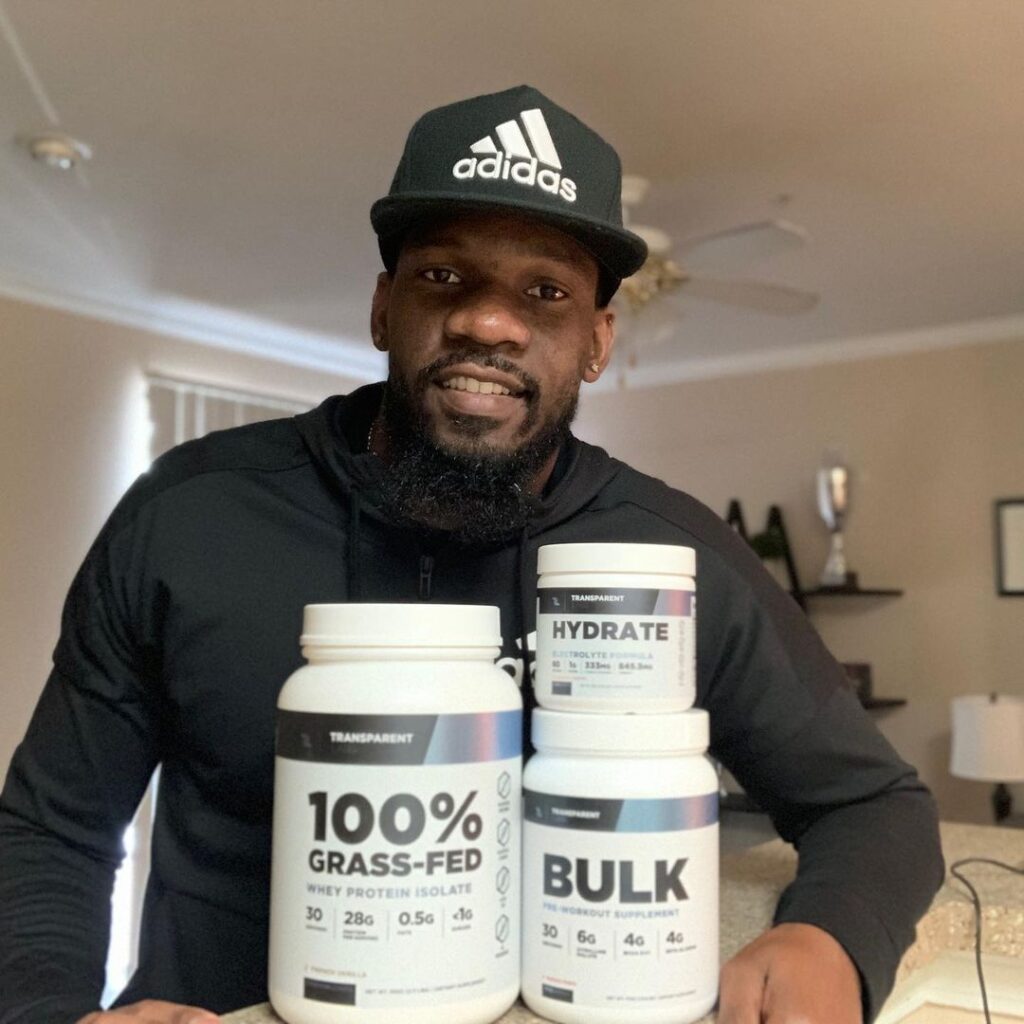
Hydrate also includes the additional ingredient taurine, which may have some additional benefits for endurance. If you’re looking for an all-natural electrolyte supplement, it’s also worth noting that Transparent Labs doesn’t use any artificial ingredients in its formula.
Hydrate only comes in 2 unique flavors, so if you’re looking to use this supplement specifically for flavor there isn’t much variety here. This is also somewhat expensive for an electrolyte supplement at ~$1.33 per serving.
Best Electrolyte Supplement for Average Gym-Goer
While Hydrate is an excellent option for serious athletes looking to use electrolytes for rehydration, what if you just want an electrolyte to boost the flavor of water? In this case, we recommend trying out Ultima Replenisher.
The electrolyte breakdown of Ultima is 55mg of sodium, 250mg of potassium, 100mg of magnesium, 78mg of chloride, and 70mg of phosphorus. As you can see, this is a significantly lower sodium option when compared to Transparent Labs.
While this makes it less ideal for performance, it will make this supplement delicious mixed with plain water.
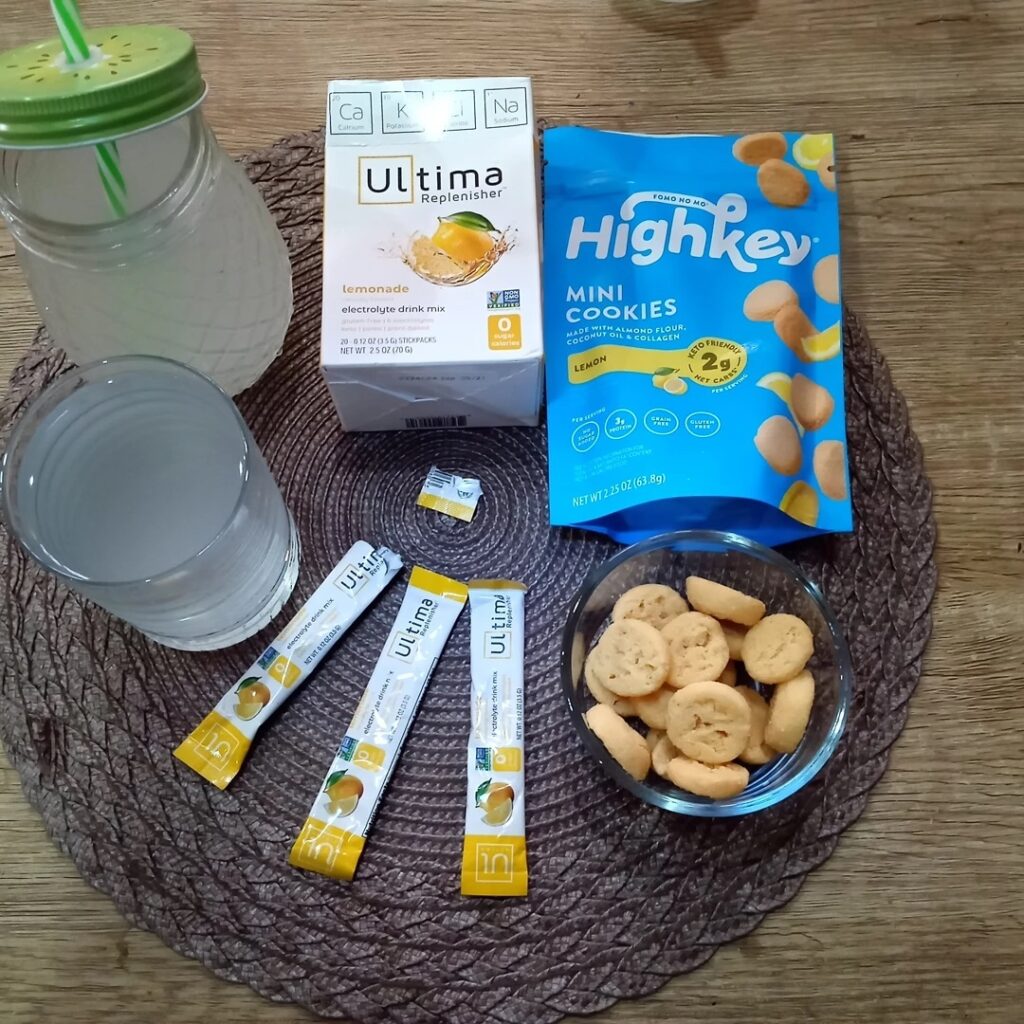
While there aren’t any additional active ingredients, there are some additional vitamins and minerals including 10% of your daily Zinc, and 110% of your daily Vitamin C. Also, similar to Transparent Labs, Ultima is made without artificial ingredients making it ideal for those after all-natural supplements.
It’s worth noting that Ultima comes in single-serving sticks, which makes it convenient for taking on the go. This does make it slightly less convenient to split into multiple servings, although with the low electrolyte content, this shouldn’t be necessary anyway.
Ultima also comes in 3 flavors, offering slightly more variety compared to Transparent Labs. It’s also a slightly cheaper product costing about $1.05 per serving.
FAQ
How Do You Get Electrolytes Naturally?
While sodium isn’t naturally found in many foods, most other electrolytes like potassium, calcium, magnesium, and phosphorus can be found in a wide variety of fruits, vegetables, nuts, dairy products, and meats. Most people will naturally get sufficient electrolytes through a healthy diet and don’t need to actively seek out more electrolytes.
How Can I Get Electrolytes Fast at Home?
The best way to get a quick boost of electrolytes is to use an electrolyte supplement like the ones covered above. However, as mentioned, there’s not much of a reason for most athletes to need additional electrolytes beyond what they’re already getting through their diet.
Can I Just Add Salt to Water for Electrolytes?
While this will be an effective way to get sodium and chloride, this may not be the best way to get electrolytes. While sodium and chloride are the most plentiful electrolytes in sweat, the smaller amounts of potassium, magnesium, and calcium are also important for proper hydration.
Do Eggs Have Electrolytes?
Yes, whole eggs are healthy sources of electrolytes calcium, potassium, and phosphorus, making them a decent source of electrolytes. They are also commonly eaten with salt, making them a good way to get in some additional sodium and chloride as well!
Do Cucumbers Have Electrolytes?
Like many other fruits, cucumbers are a great source of potassium and magnesium. Consider combining them with other natural sources of electrolytes like leafy greens, tomatoes, walnuts, and chicken in a salad for a protein-rich, and electrolyte-packed meal!
Conclusion
Foods with electrolytes may be more common than you think! Pretty much all natural foods will have some electrolyte content, making it easy to get enough electrolytes in through a diet rich in natural whole foods. The only electrolyte that’s difficult to find naturally is sodium, but because of its presence in salt and most processed foods, most people get more than enough sodium in their diet as well.
As a result, electrolyte supplements are not necessary for the vast majority of people. These supplements are mainly beneficial for endurance athletes. However, they may be beneficial for improving the taste of plain water for average gym-goers as well.
If you’re interested in an electrolyte supplement for performance, we recommend Transparent Labs HYDRATE. If you just want to improve the taste of plain water, then check out Ultima Electrolyte Drink Mix instead!
Have you ever used any electrolyte supplements? Were you aware that natural electrolytes were so common in foods? Let us know your thoughts in the comments below!
Also read:
- What Fruits Have Electrolytes
- Best Electrolyte Powder
- Best Electrolyte Drink for Leg Cramps
- Best Electrolyte Drink for Runners
- Best Electrolyte Powder No Sugar
- Best Keto Electrolyte Powder
- Best Sports Drinks
- Does Gatorade Have Electrolytes
- How Much Electrolytes Is Too Much
References
- Rush Stories, “Essential Electrolytes,” Rush University Medical Center, https://www.rush.edu/news/essential-electrolytes (accessed October 16, 2023)
- The Nutrition Source, “Sodium,” Harvard T.H. Chan School of Public Health, https://www.hsph.harvard.edu/nutritionsource/salt-and-sodium/ (accessed October 16, 2023)
- The Nutrition Source, “Chloride,” Harvard T.H. Chan School of Public Health, https://www.hsph.harvard.edu/nutritionsource/chloride/#:~:text=It%20helps%20to%20regulate%20the,and%20carbon%20dioxide%20within%20cells. (accessed October 16, 2023)
- The Nutrition Source, “Potassium,” Harvard T.H. Chan School of Public Health, https://www.hsph.harvard.edu/nutritionsource/potassium/ (accessed October 16, 2023)
- The Nutrition Source, “Magnesium,” Harvard T.H. Chan School of Public Health, https://www.hsph.harvard.edu/nutritionsource/magnesium/ (accessed October 16, 2023)
- The Nutrition Source, “Calcium,” Harvard T.H. Chan School of Public Health, https://www.hsph.harvard.edu/nutritionsource/calcium/ (accessed October 16, 2023)
- The Nutrition Source, “Phosphorus,” Harvard T.H. Chan School of Public Health, https://www.hsph.harvard.edu/nutritionsource/phosphorus/ (accessed October 16, 2023)
- Sohrabnavi, A.; Shoura, S. M. Seyyed; Rahmanpour, H.; Barzegar, A., “The effects of taurine on endurance exercise performance: a systematic review of randomized controlled trials,” Journal of Nutrition, Fasting & Health . 2022 Supplement, Vol. 10, p335-335. 1/2p.
Why Trust Us?
With over 20 years in Olympic Weightlifting, our team does its best to provide the audience with ultimate support and meet the needs and requirements of advanced athletes and professional lifters, as well as people who strive to open new opportunities and develop their physical capabilities with us.
By trusting the recommendations of our certified experts in coaching, nutrition, dietology, and sports training programming, as well as scientific consultants, and physiotherapists, we provide you with thorough, well-considered, and scientifically proven content. All the information given in the articles concerning workout programming, separate exercises, and athletic performance, in general, is based on verified data. We ensure that you can rely on our professionals’ pieces of advice and recommendations that can be treated as personalized ones which will benefit you and fully meet your needs.
The product testing process is described in more detail here
Author: David Sasha Schulz
Doctor of Chiropractic, BSc Human Biology, CSCS
Strength coach (CSCS) – 10 years
Sasha is a Chiropractor and Kinesiologist practicing in Kelowna, BC, Canada. He has been practicing Chiropractic since 2019, integrating manual therapy, strength training and programming principles, and nutritional strategies to get his patients optimal results. He currently scratches the competitive itch in fitness, and the occasional endurance race, and plays golf and snowboards for fun. He has an interest in all strength and fitness-related sports.

